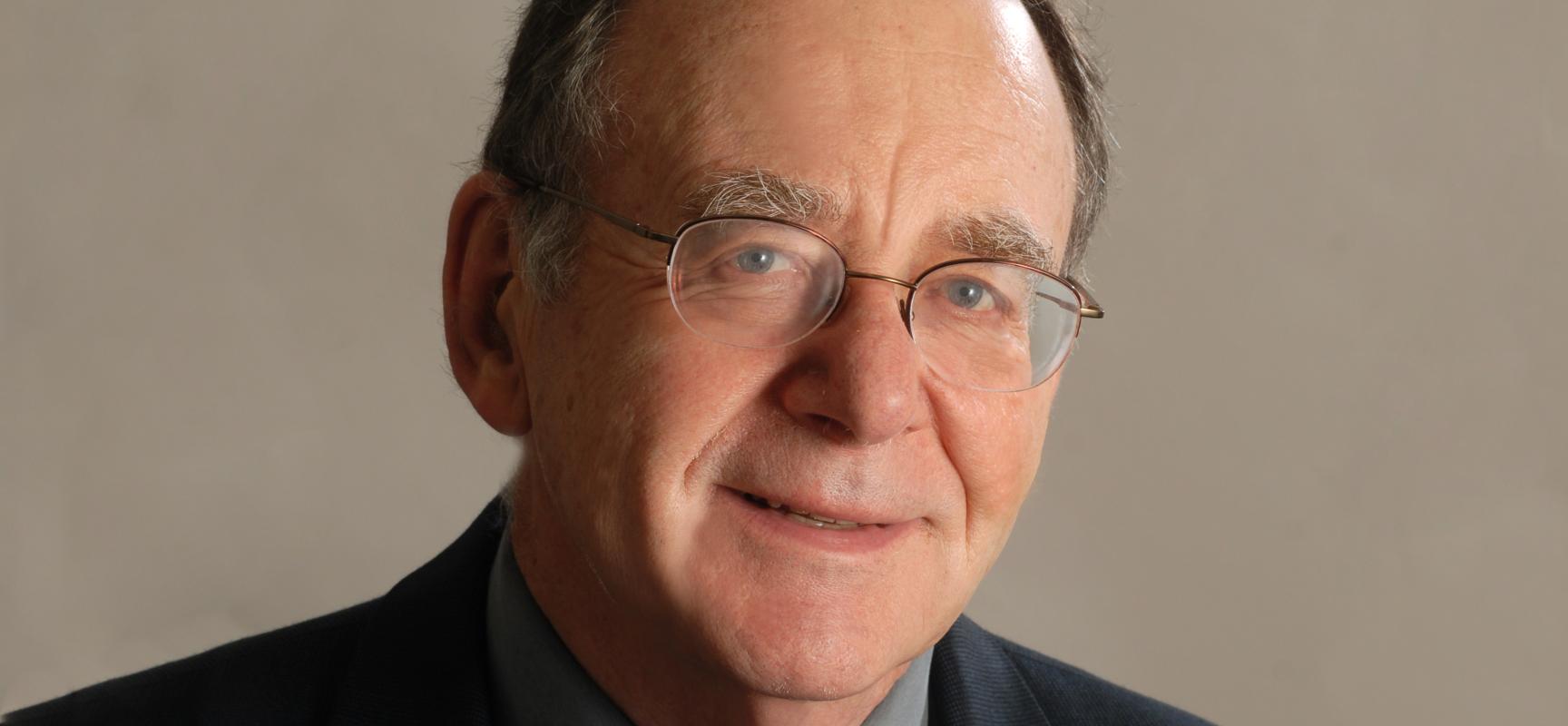Letter from the Director

Dear friends,
Late last summer, more than ninety research scientists from around the world converged on Calvin Lab on the Berkeley campus to participate in the inaugural research programs of the Simons Institute.
The Simons Institute’s first year had been spent in preparing for that day, and in particular, renovating Calvin Lab, which was historically devoted to biochemistry labs. Calvin is a circular building located in the southeast corner of the Berkeley campus. The renovated building is the site of vibrant collaborative research in its large, bright interaction spaces. A continuing stream of lectures and seminars take place in its modern 110‑seat auditorium and 60‑seat lecture room. All events in the auditorium are live-streamed, video-recorded and available online. One of the visiting scientists referred to the environment as “theory heaven.”
The goals of the Institute are:
- To bring together the world's leading researchers in theoretical computer science and related fields, as well as the next generation of outstanding young scholars, to explore deep unsolved problems about the nature and limits of computation.
- To promote research in “core” computer science algorithms and complexity theory, and to broaden its scope through the paradigm of the “computational lens.”
- To become the world’s favorite meeting place for the Theory of Computing community.
In each academic semester the research of the Institute is focused around two concentrated research programs, each involving about eight research fellows at the postdoctoral level and about forty additional long-term participants. Each program begins with a week-long “boot camp” designed to prepare the participants for the program, and is punctuated by three intensive week-long workshops that draw about 100 visitors each, in addition to the long-term participants. The program topics for Fall 2013 were "Real Analysis in Computer Science" and "Theoretical Foundations of Big Data Analysis." The program topics for Spring 2014 are "Evolutionary Biology and the Theory of Computing" and "Quantum Hamiltonian Complexity."
The core support of the Simons Institute comes from a ten-year grant from the Simons Foundation. Google and Microsoft are Founding Industrial Partners, and we have also received support from NSF and the Community Computing Consortium. We sponsor joint research fellowships with the Lawrence Berkeley National Laboratory and research institutes in China, India, Germany and Israel.
In addition to its worldwide outreach, the Institute has striven from its very conception to draw upon and contribute to the vibrant atmosphere of the Berkeley campus. In addition to the three Berkeley faculty who lead the Institute (Associate Director Alistair Sinclair, Senior Scientist Christos Papadimitriou and myself), twenty-five faculty in six different Berkeley departments are recognized as affiliated faculty, and many more attend our workshops, which are open to all.
In the Fall semester, four distinguished international visiting scientists at the Simons Institute, Emmanuel Candès, Johan Håstad, Ravi Kannan and Nati Linial, gave Open Lectures for a general scientific audience. In addition, the Institute hosted two boot camps, seven workshops, and the 54th annual IEEE Symposium on Foundations of Computer Science (FOCS).
Finally, our dedicated staff provides a host of services that make life easier for our visitors and their families. These include assistance with visas, reimbursements and housing, social events and recreational opportunities for visiting scientists and their families, and a popular bicycle loan program.
To sum up, we’re off to a great start, and we’re committed to making the Institute a key resource for the scientific community and a great place to visit.
Dick Karp
Director
Simons Institute for the Theory of Computing
Related Articles:
The Renovation of Calvin Lab: A Photo Essay
Current and Upcoming Programs
Program Retrospective: Theoretical Foundations of Big Data Analysis
Program Retrospective: Real Analysis in Computer Science
Life at the Simons Institute: A Fellow's Perspective
Official Opening of the Simons Institute


